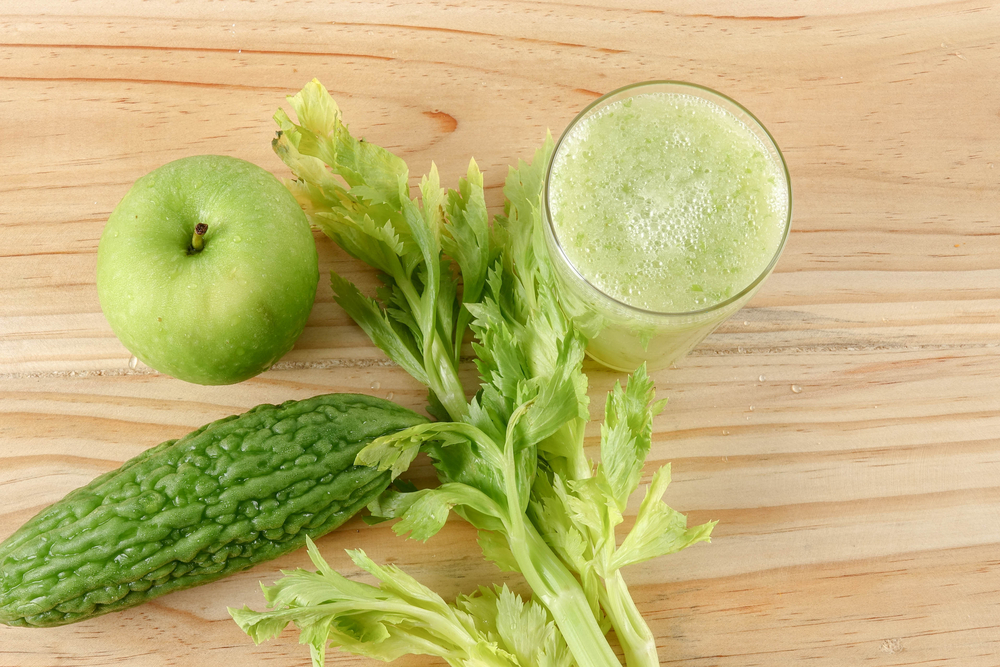6 Foods That Help Manage Gout Effectively
Discover the top six foods that can help manage gout symptoms effectively. Learn which vegetables, fruits, nuts, and seafood options to include in your diet, along with hydration and lifestyle tips. Proper diet and care can help reduce flare-ups and improve quality of life for those with gout.

Essential Foods to Incorporate for Gout Control
Gout is an uncomfortable form of arthritis caused by high levels of uric acid in the blood. Excess uric acid forms crystals in joints, leading to pain and swelling. Since uric acid results from purine breakdown, limiting purine-rich foods can help manage symptoms. While there's no cure for gout, adopting a carefully planned diet can lower uric acid levels, minimize flare-ups, and slow disease progression. Here are six foods that support gout management:
Hydration – Drinking at least 2 liters of water daily helps eliminate uric acid. Check with your doctor for tailored fluid intake advice.
Vegetables – Gout-friendly options include bell peppers, beets, cabbage, and kailan. Moderate intake of high-purine vegetables like spinach and cauliflower is recommended.
Nuts and Seeds – Walnuts, pistachios, pecans, and flaxseeds are low in purines and oxalates, making them suitable for gout diets.
Fruits – Citrus fruits such as oranges, tangerines, cherries, and papaya are high in vitamin C, which may help reduce gout symptoms.
Fish – Canned salmon and tuna provide beneficial omega-3 fatty acids and are lower in purines; avoid high-purine options like sardines, mackerel, and trout.
Low-fat Dairy – Milk, yogurt, and cheese can promote uric acid excretion thanks to compounds like orotic acid. Always consult a healthcare provider for personalized guidance.
In addition to dietary adjustments, medication and lifestyle changes such as regular exercise and weight management are crucial for effective gout control and overall well-being.


